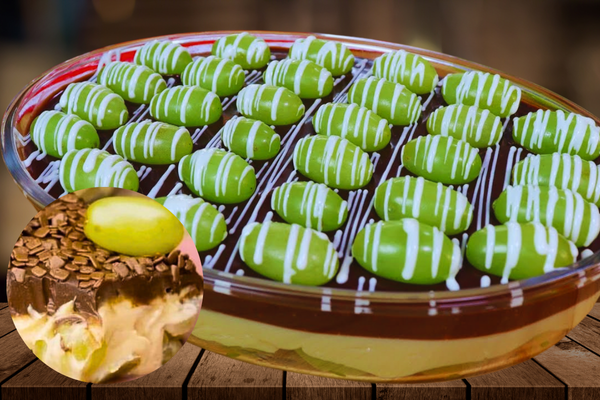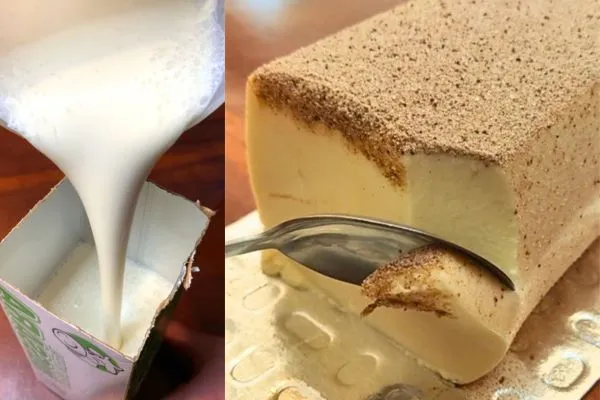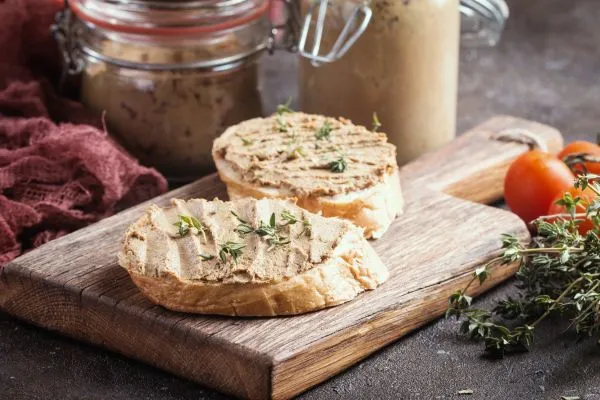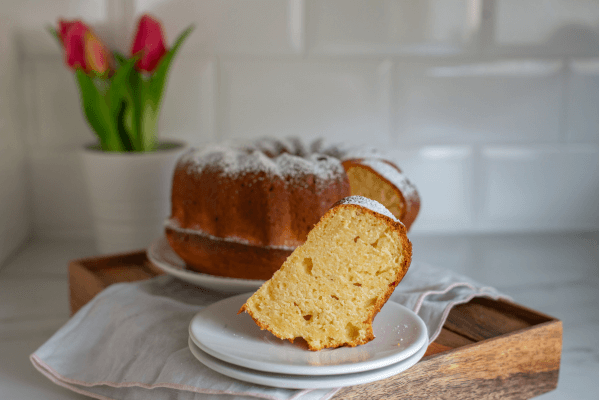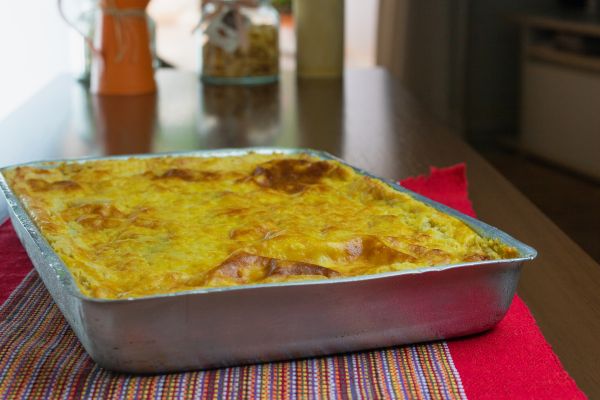Discover the Secrets of Homemade Butter
A Homemade Butter It is a product that has gained more and more space in the kitchens of those looking for a healthier and artisanal diet. Making butter at home is a simple process that results in a natural, additive-free product.
In this article, we'll explore everything you need to know about homemade butter: from the benefits, to the recipes, to the most frequently asked questions.
What is Homemade Butter?
Homemade butter is made from fresh cream. When whipping cream, the fat separates from the whey, forming butter. This simple process preserves the natural flavor and nutrients of the milk, resulting in a rich and delicious product.
Benefits of Homemade Butter
- Health and Nutrition: Homemade butter is rich in vitamins A, D, E and K, as well as beneficial fatty acids such as omega-3. Because it is handcrafted, it does not contain preservatives or chemical additives, making it a healthier option.
- Superior Flavor: The flavor of homemade butter is unmatched. It has a creamy texture and a fresh taste that cannot be compared to industrialized butter.
- Versatility: Can be used in various recipes, from breads and cakes to gourmet dishes. Additionally, it can be seasoned with herbs and spices to create unique variations.
- Economy: Making your own butter can be more economical, especially if you have access to fresh cream at a good price.
How to Make Homemade Butter
Ingredients
- 500 ml fresh cream
- Salt to taste (optional)
Equipment
- Mixer or blender
- Fine sieve or muslin cloth
- Container to store
Step by step
- Preparation: Leave the cream at room temperature for 1 hour before starting.
- Whip the Cream: Place the cream in a mixer or blender and beat at medium speed. The process may take 5 to 10 minutes. First, the cream will turn into whipped cream, then it will begin to separate into butter and whey.
- Separation: When butter forms, strain the whey using a fine sieve or muslin cloth. The whey can be reserved for other recipes.
- Butter Washing: To remove excess whey, wash the butter in cold water, kneading it with a spatula until the water runs clear.
- Salting and Storing: Add salt to taste if desired. Store the butter in an airtight container and keep it in the refrigerator.
Homemade Butter Variations
Herbed Butter
Add fresh herbs like parsley, chives, basil or rosemary to your homemade butter. They will give a special touch and a different flavor to your recipes.
Garlic butter
Mix minced or powdered garlic into homemade butter for an intense flavor that pairs perfectly with breads and meats.
Honey Butter
For a sweet version, add honey to the butter. This variation is perfect for toast and bread.
Tips for Perfect Homemade Butter
- Use good quality fresh cream for the best flavor.
- Do not overdo the addition of salt, especially if you are using butter in sweet recipes.
- Store butter in a tightly closed container to prevent it from absorbing odors from the refrigerator.
- Experiment with different seasoning combinations to create unique flavors.
Common questions
How Long Does Homemade Butter Last?
Homemade butter lasts for about 1 to 2 weeks in the refrigerator, as long as it is stored in an airtight container. If you prefer, you can freeze it for up to 3 months.
Can I Use Boxed Cream?
The ideal is to use fresh cream, as boxed cream may contain stabilizers that hinder the formation of butter.
How much butter is produced?
With 500 ml of cream, you will obtain approximately 250 g of butter.
Can I Make Vegan Butter?
Yes, it is possible to make vegan butter using coconut milk or other vegetable bases. The process is similar, but the result will have a different flavor and texture.
What to do with whey?
Whey is rich in nutrients and can be used in recipes such as bread, cakes or even as a base for soups and smoothies.
Conclusion
To do Homemade Butter It is a rewarding practice that results in a high-quality, tasty and healthy product. With a few simple ingredients and a little time, you can transform your kitchen and your recipes.
Additionally, the variations and seasonings that can be added to homemade butter allow for endless culinary possibilities.

